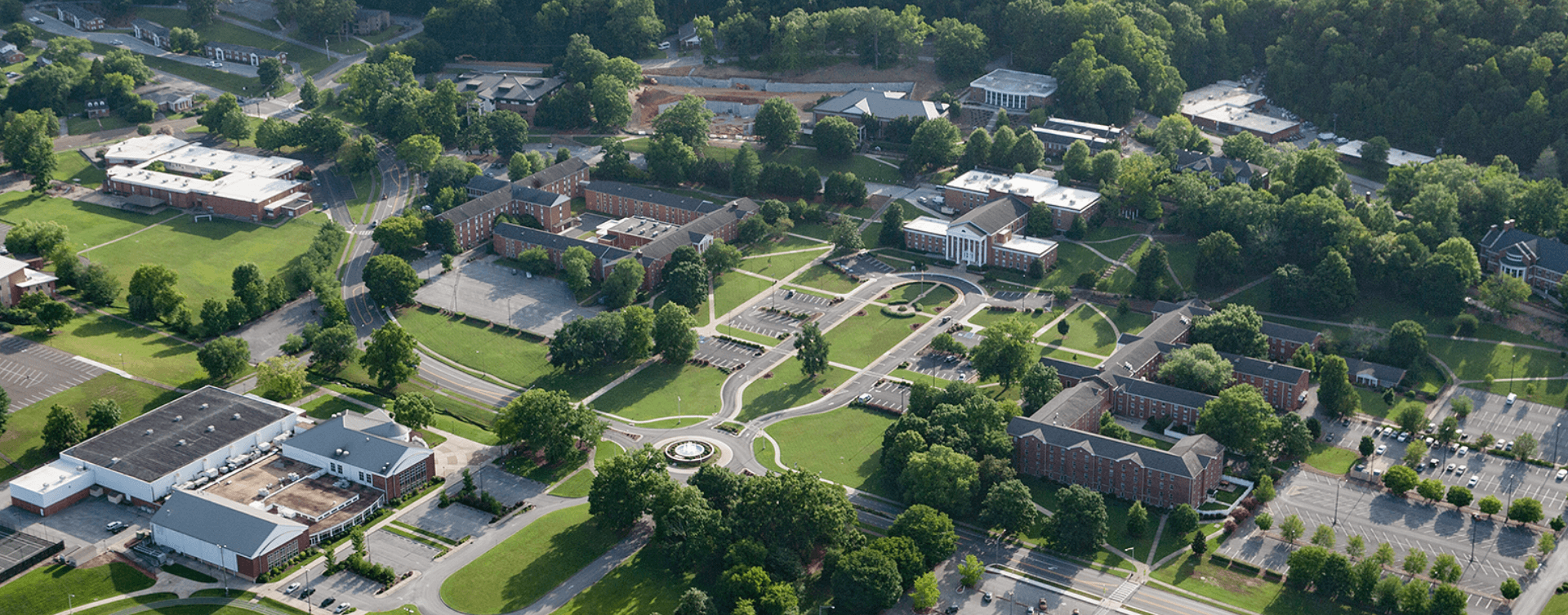What Can You Do With a Master's in Social Work?
If you are considering enrolling in a Master of Social Work (MSW) program, you have likely been dreaming about what career you can pursue afterward. Maybe you have one in mind or are looking for inspiration.
Keep reading to learn more about the different types of social work jobs you can get with an MSW and imagine yourself on different career paths that seem most compelling and meaningful to you.
Exploring Careers with a Master’s Degree in Social Work
Earning an MSW opens many exciting career paths. Right now, the world needs passionate, dedicated people like you. If you are thinking about pursuing a service-based career, there is no shortage of people who could benefit from your compassion and expertise.
Common Social Work careers:
- Crisis and Emergency Management
- Mental Health Social Work
- School Social Work
- Social and Community Service Manager
- Health Educator
- Social Work Supervisor
- Child and Family Social Worker
- Hospice Social Worker
- Rehabilitation Counselor
- Case Manager
- Public Policy Analyst
- Human Services Specialist
- Palliative Care Social Worker
- Veterans Affairs Social Worker
- Adoption Services Manager
Diving Deeper: How to Become a School Social Worker
A school social worker can work in any academic setting, from elementary to high school. This profession is in great demand, as mental health disorders such as ADHD, anxiety, behavior problems and depression are on the rise among youth. Early intervention is crucial for young people to learn how to cope and succeed.
School districts employ school social workers to fill several responsibilities that fall under the broad banners of mental health and social work, including but not limited to:
- Academic and classroom support
- Behavioral intervention
- Consultations with teachers/parents/administrators
- Crisis intervention
- Goal setting
- Improving student outcomes
- Individual and group counseling/therapy
- Interagency collaboration and consultation
According to the School Social Work Association of America, school social workers “enhance the district's ability to meet its academic mission, especially where home, school and community collaboration is the key to achieving student success.”
The average salary for school social workers is $53,947, and professionals can earn up to $72,391 in this field.
4 Questions to Ask Yourself Before Earning a Master’s Degree in Social Work
Explore Life as a Mental Health Social Worker
Mental health social work is arguably the broadest category here, as you can fill a position in almost any sector as a mental health social worker. Typical settings in which you might work include:
- Private practice
- Hospitals
- Mental health clinics
- Community health organizations
- Primary care facilities
- Rehabilitation treatment centers
- Government organizations
Mental health social workers use patient-centered interventions to help people with a range of mental health conditions. Their mission is to restore, advance and sustain mental health in both individuals and groups. Job responsibilities for mental health social workers often include but aren’t limited to:
- Addressing physical problems caused by the client's mental health issues (i.e., poor sleep and/or diet, pain, energy loss, substance abuse and self-harm)
- Assessing client needs based on an individual’s history and current situation
- Creating strategies to help clients cope with challenges
- Engaging in psychotherapy (talk therapy)
- Providing clients with relevant, helpful resources
- Providing clients with tools to cope with stress and alleviate issues such as hopelessness, apathy, anger, grief, depression and anxiety
- Track each client’s progress
Because the occupations under this umbrella category vary so widely, so do the salaries. The average mental health social worker's salary is $72,724, with the highest reported earnings around $115,000.
Discover Working in Crisis and Emergency Management
One of the most gratifying things we can do as humans is to offer aid in a crisis when people need it most. With a master’s degree in social work, you are qualified to provide this kind of crucial support and assistance on a regular basis.
If you are confident this is the right career for you, ask yourself if you possess the following skills:
- Coping skills: Do you exhibit grace under pressure? Do you demonstrate the ability to detach emotionally from circumstances, keep your cool and multi-task?
- Relationship skills: Do you bond with people easily? Are you good at eliciting cooperation and working as a team? Do you have the ability to put people at ease and inspire confidence?
- Communication skills: Do you have good diplomacy skills? Are you tactful and respectful? Are you able to negotiate and compromise?
- Self-skills: Are you assertive but not aggressive? Are you adaptable and flexible?
If you can answer “yes” to many of the above questions, you might be a great fit as a disaster relief social worker.
Emergencies and crises can range from natural disasters (wildfires, tornados, earthquakes etc.) and human-made phenomena (chemical spills, airplane crashes, violence or abuse etc.) to unforeseen traumas such as death, illnesses and accidents.
The job descriptions in this category vary, which affects the salary range. However, emergency response social workers can expect a starting salary of about $76,266 and can earn up to $117,000.
Earn a Social Work Degree for the Modern World
To get an inside look at Southern’s Master of Social Work program, download the guide, Make an Impact for Good: The MSW Program at Southern.
In this resource, you will find information on:
- How an advanced generalist degree in social work equips you to make an impact across all levels of social work: micro (family, individuals), mezzo (communities, churches, schools) and macro (government, legislation/policy)
- Each of our three emphases: Crisis and Emergency Management, Mental Health Practice and School Social Work
- Sample courses that you can take with each program
- Admissions requirements, key dates and deadlines and application information



